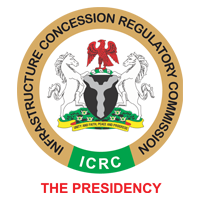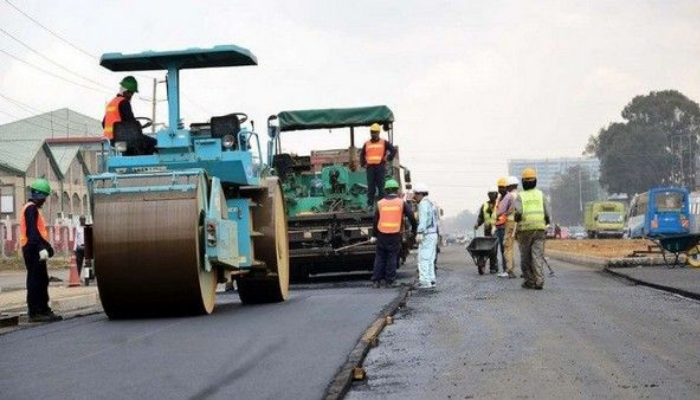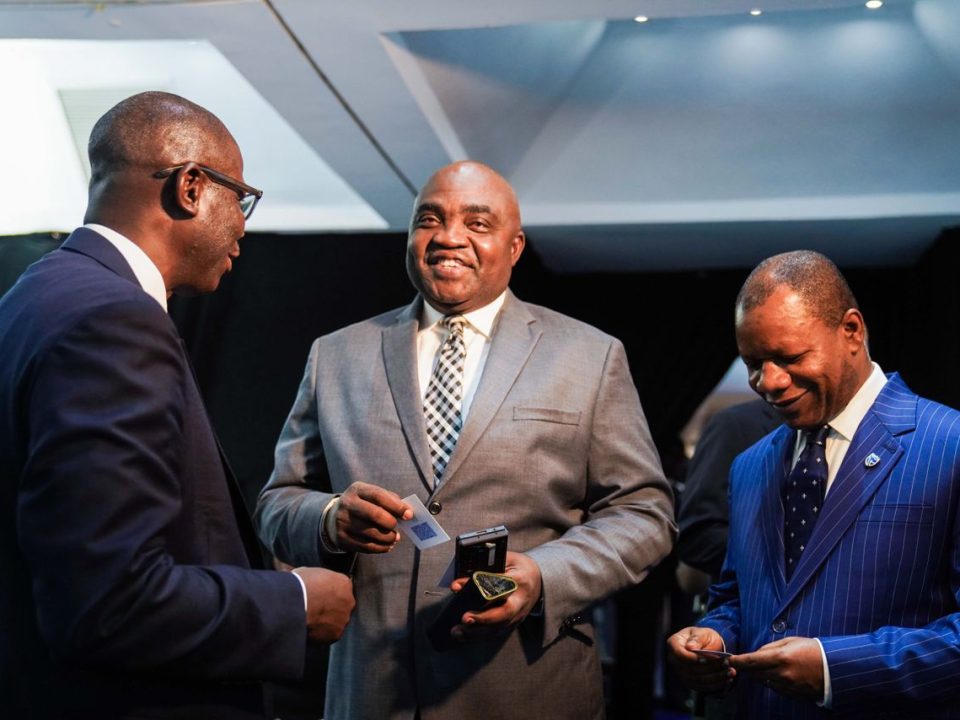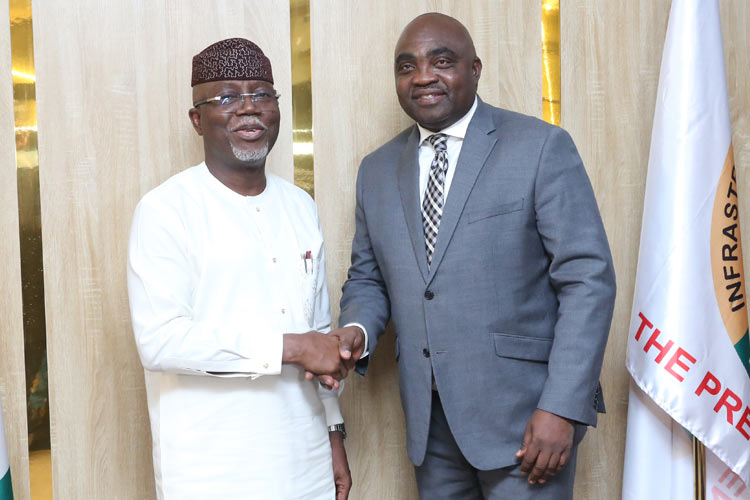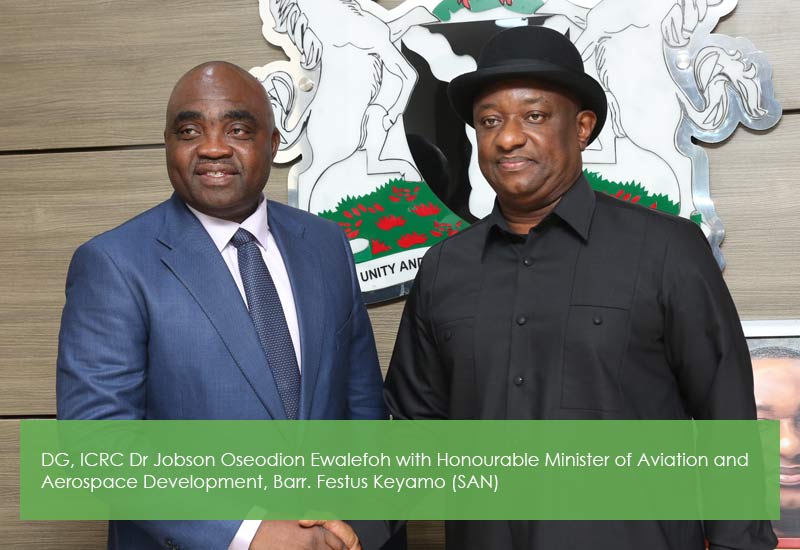Opportunity opens for investors as FG begins procurement process on concessioned highways
Babatunde Fashola, Minister of Works and Housing
Investment window has just opened for investors interested in participating in the development and management of the federal government’s concessioned highways under the Highway Development and Management Initiative (HDMI).
Notice of the commencement of procurement process for the initiative was given by Babatunde Fashola, minister for works and housing at brief ceremony in Abuja on Tuesday. The ministry was issued a Certificate of Compliance, a month ago, by the Infrastructure Concession Regulatory Commission’s (ICRC) to proceed with the implementation of the initiative.
12 federal highways are to be concessioned under the initiative. They are Benin-Asaba (125km), Abuja-Lokoja (193km), Kano-Katsina (150km), Onitsha-Owerri-Aba (161km) and Shagamu-Benin (258km).
Others are Abuja-Keffi-Akwanga (122km), Kano-Shuari (100km), Potiskum-Damaturu (96.24km), Lokoja-Benin (270km), Enugu-Port Harcourt (200km), Ilorin-Jebba (129km), Lagos-Otta-Abeokuta (80km), and Lagos-Badagry-Seme (79km).
Expectation is that the involvement of private sector operators in the development and management of the highways in Nigeria will change the country’s federal roads infrastructure story. Of the 200,000 kilometres of roads network in Nigeria, 35,000kilometres belong to the federal government and just a little above 30 percent of this network is motorable.
This is the reality in a country where, according to Nazir Alli, a career transporter and FG’s strategic partner in this initiative, over 80 percent of human and cargo movement is made on roads.
It means, therefore, that developing and managing the country’s highways better will not only improve the quality and quantity of the network, but also lead to better driving experiencing in terms of reduced time and cost of commuting on the highways. It will also reduce accidents and security risks.
In his remarks, Fashola explained that the initiative was part of the federal government’s commitment to improving unease of doing business in the country where infrastructure is a key factor. He stressed that roads infrastructure were needed to drive economic growth and employment.
“This initiative has further affirmed federal government’s commitment to infrastructure development funding which has been driven by the Road Infrastructure Development and Refurbishment Investment Tax Credit Scheme Order of 2018, the Presidential Infrastructure Development Fund (PIDF) being managed by the Nigeria Sovereign Investment Authority (NSIA) and the SUKUK Fund,” he disclosed.
The minister noted that beyond the infrastructure and assets development, HDMI also has added opportunities and economic benefits, especially in jobs creation for the citizens.
“The initiative will open up the highway economy; it will create jobs in various economic activities including fabrication of gantries and directional signages with advertising opportunities, towing van operations and auto repair stations, operation of rest areas and emergency services,” he explained.
The Permanent Secretary in the Works and Housing Ministry had, in his opening remarks, explained that HDMI was meant to mitigate paucity of funds for the development of highways in the country.
“It is to mitigate this challenge that the ministry has adopted the option of exploring the Public-Private Partnership (PPP) arrangement, which seeks to employ the private sector’s technical competencies, managerial capabilities, and financial resources to salvage the federal roads networks.”
He explained further that the initiative which was expected to boost economic development along the Right of Way of the highways would be executed in two parts—Value Added Concession (VAC) and Unbundled Assets Approval (UAA).
